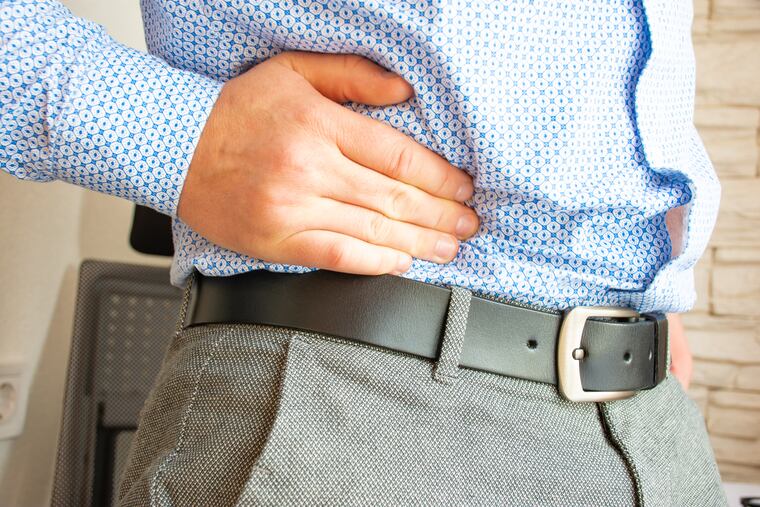What to expect in recovery from hernia surgery | Expert Opinion
Numerous support services are available for hernia patients to improve their outcomes after surgery.

A hernia typically occurs when tissue bulges out through muscle layers in the abdominal wall. Hernias are common, with more than a million cases a year.
If a hernia occurs, contact your doctor for a referral with a surgeon to get an evaluation. If you experience extreme discomfort, you should go to your closest emergency room, as you may need immediate surgery in some cases.
The recommended type of surgical procedure depends on the size and location of the hernia. In open surgery — commonly done for larger hernias — the hernia is often fixed from the outside by dissecting the tissue and pushing the hernia back into the abdomen.
If there is no need for a large incision, doctors usually recommend minimally invasive surgery. This type of surgery can be laparoscopic or robotic, both of which result in less pain, less narcotic medications, and faster recovery and return to work. Robotic surgery allows for more precise movements and better views of your hernia and anatomy for the surgeon.
With hernia repair, the biggest concerns are recurrence rate and infection rate. It is important to see your doctor roughly two weeks and six months post-surgery for follow-up.
Recovery can be dependent on the size of the hernia and type of surgery. Regardless, doctors recommend rest, and after a week, most people can return to work. With groin hernias, experts suggest that patients wear compression shorts.
Numerous support services are available for hernia patients to improve their outcome after surgery:
Smoking cessation – Smoking can increase the risk of infection and the hernia returning. Smokers can work with doctors to quit six to eight weeks before surgery.
Sugar control – For patients with diabetes, healthy blood sugar is important to reduce chances of infection.
Weight loss – Patients who are not overweight have less pain and fewer complications from surgery. If a patient is overweight, the hernia can cause more pressure on the abdominal wall.
Physical therapy – All hernia patients are offered an optional preoperative education session to learn about how normal activities such as getting out of bed, walking and climbing the stairs may be difficult after surgery. For larger hernias in the upper belly, physical therapy after surgery may help with recovery.
No hernia should be ignored, and no hernia can go away without surgery. Your surgeon and the surgeon’s team will work together with you to determine the type of surgery and programs to get you the best outcome.
Jessica Barton is a general and minimally invasive surgeon at St. Mary Medical Center.